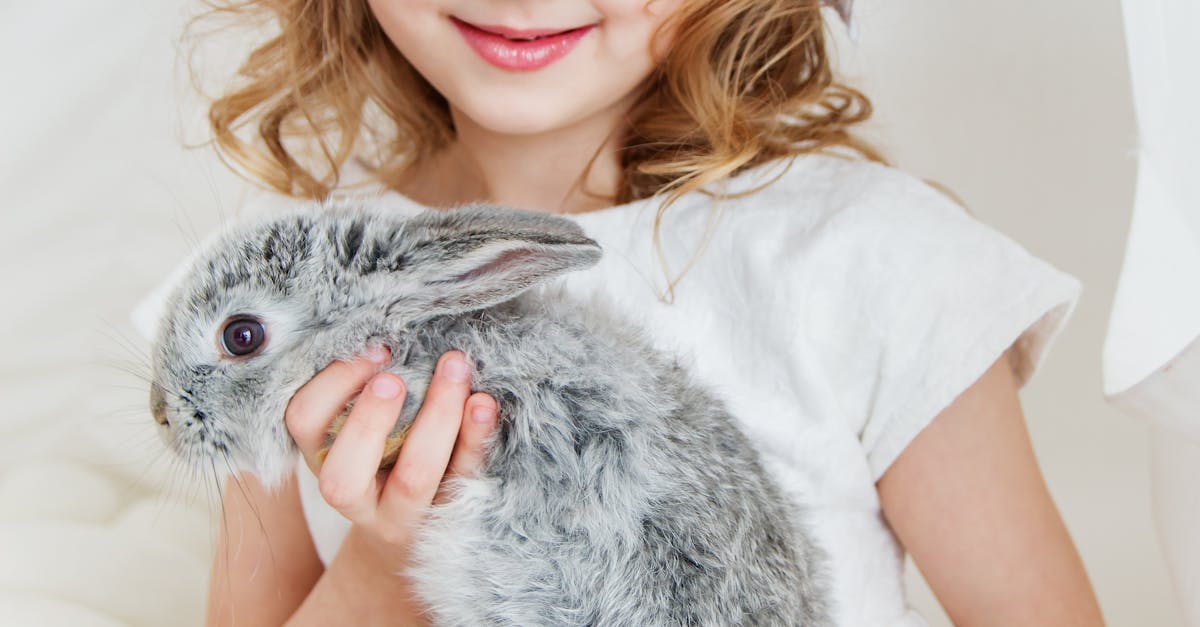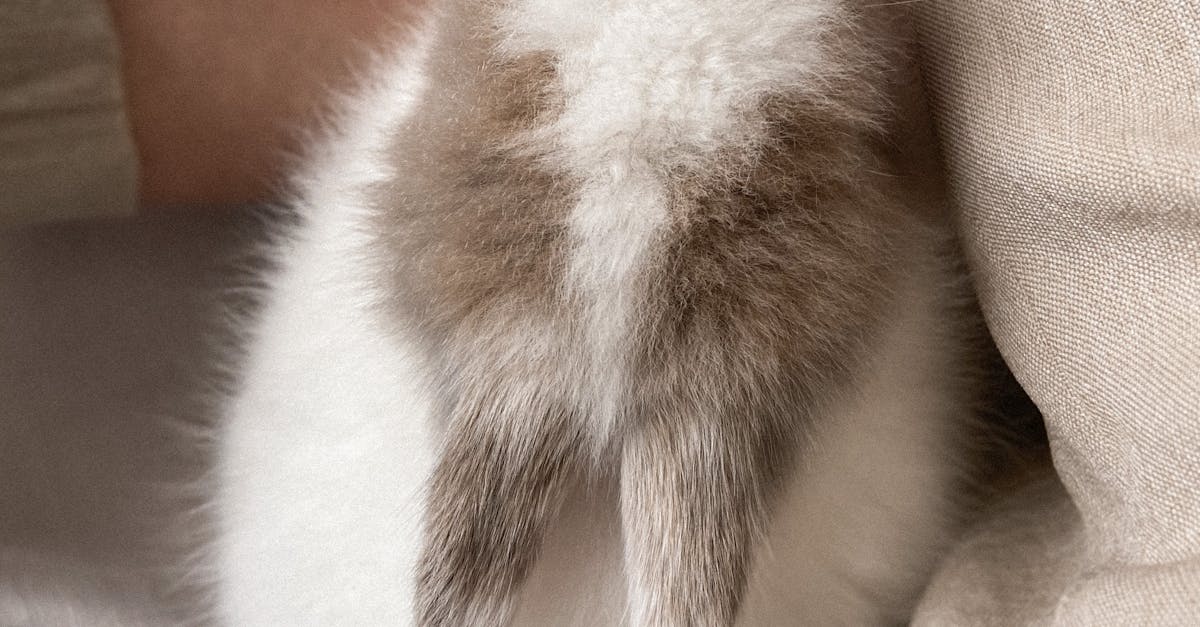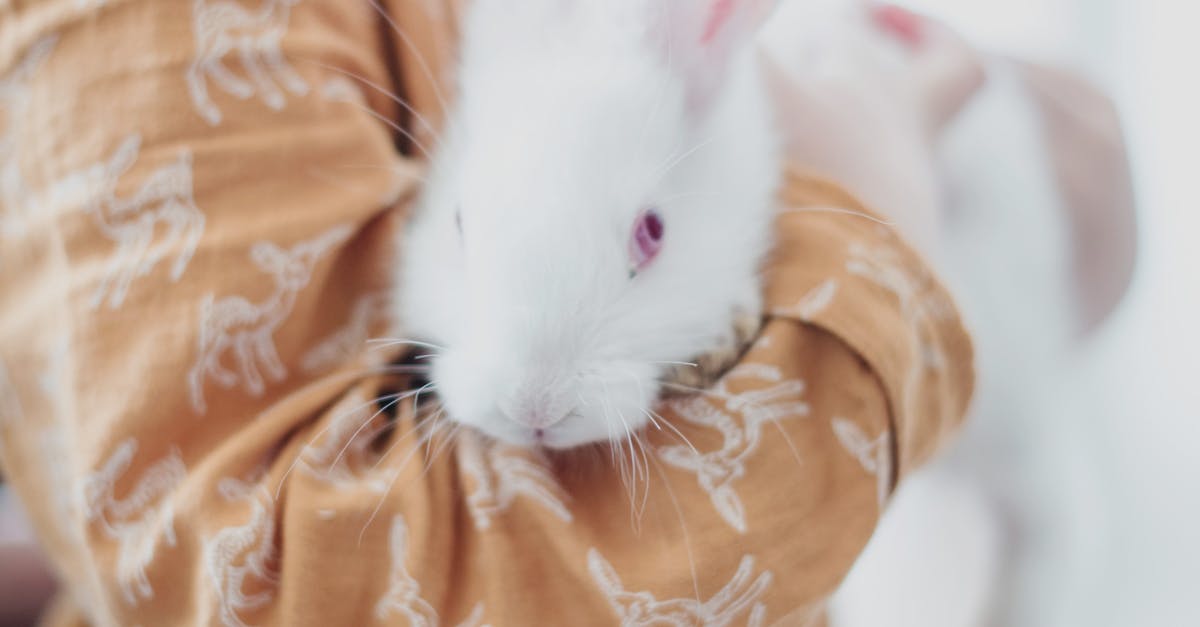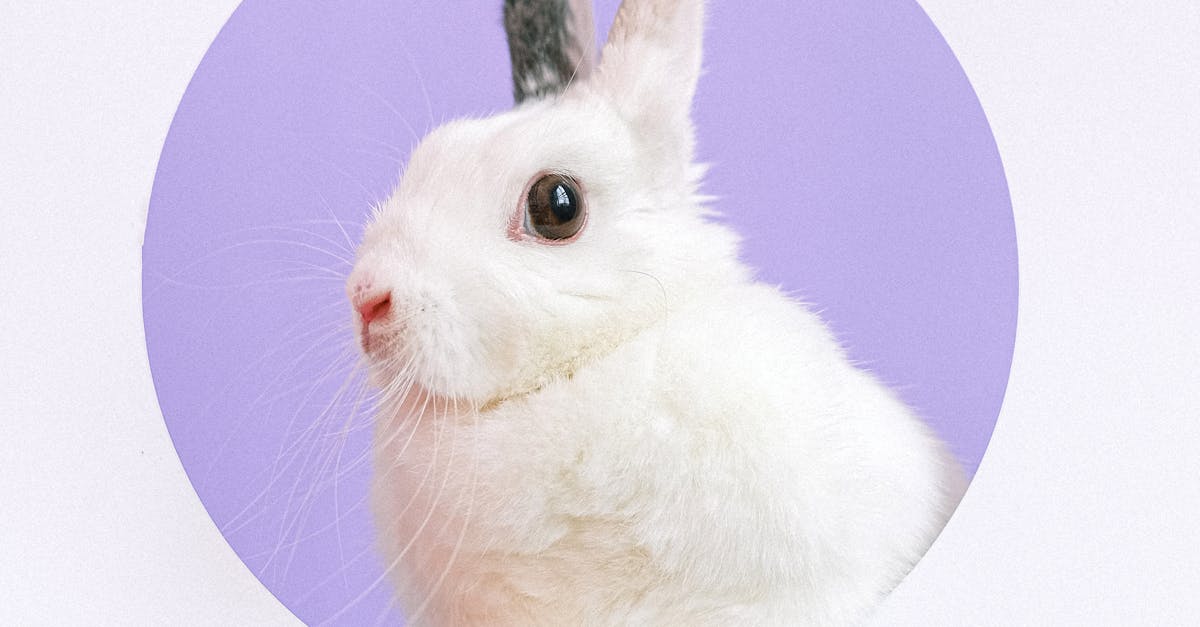The Joy of Rabbit Parenting 🐰
Imagine if someone told you that owning a rabbit could be one of the most joyful experiences of your life. Looking back, I’d never have guessed how much joy my pet rabbit would bring into my home. If you’re like me, you might find yourself enchanted by their playful hops and soft fur. But, as with any pet, there’s a financial side to consider. It hit me that monthly budgeting for rabbit supplies is essential to ensure a happy and healthy life for my furry friend.
Interestingly enough, many new rabbit owners are unaware of the costs involved. If you’re considering bringing a rabbit into your life or already have one, I’d like to share my experience and insights on what you can expect in terms of monthly expenses.
Essential Rabbit Supplies: Breaking Down the Costs
Food and Treats 🍏🥕
One of the primary expenses for rabbit owners is food. Rabbits have specific dietary needs, and it’s crucial to provide them with a balanced diet. Here’s a breakdown of what you might need:
- Hay: Hay is a staple in a rabbit’s diet. It keeps their digestive system functioning properly and helps wear down their ever-growing teeth. I’ve found that a good quality hay can cost around £10-£20 per month.
- Pellets: High-fibre pellets are another essential. A bag of pellets typically costs about £5-£10 monthly.
- Fresh Vegetables: Rabbits love fresh greens, and it’s interesting that these also contribute to their hydration. Expect to spend around £15-£30 monthly on vegetables like kale, spinach, and parsley.
- Treats: While not a necessity, treats can be a delightful addition to your rabbit’s diet. Budgeting an extra £5-£10 for treats is a good idea.
Bedding and Litter 🛏️
If I had to guess, bedding and litter might be the next significant expense. From what I’ve seen, rabbits are quite particular about their living space, and maintaining cleanliness is crucial.
- Bedding: Depending on the type of bedding you choose, costs can vary. Wood shavings, paper-based bedding, or straw can range from £10-£15 monthly.
- Litter: A good quality litter is essential for odour control and hygiene. Expect to spend around £10-£20 per month on litter.
Health and Grooming 🧴
As someone who has owned a rabbit for a while, I can’t help but think about the importance of health and grooming. Regular check-ups and grooming supplies are vital to keep your rabbit in top shape.
- Vet Visits: Routine vet visits and vaccinations are necessary. Budgeting around £10-£15 monthly for these expenses is a safe bet.
- Grooming Supplies: Brushes, nail clippers, and other grooming tools can add up. Expect to spend around £5-£10 monthly on these supplies.
Toys and Enrichment 🎲
Rabbits are intelligent and curious creatures. To keep them mentally stimulated, toys and enrichment activities are essential.
- Toys: From chew toys to tunnels, providing a variety of toys can cost around £5-£10 monthly.
- Enrichment Activities: Creating a stimulating environment might include DIY projects or purchasing new items. Budgeting an extra £5-£10 for enrichment is a good idea.
Emergency Fund 💰
Here’s a thought: It’s always wise to have an emergency fund for unexpected expenses. Whether it’s a sudden illness or an unforeseen need, having a cushion of around £10-£20 monthly can save you stress in the long run.
Real-Life Stories: Learning From Experience
A Surprise Vet Visit
Here’s a story: The other day, my rabbit suddenly stopped eating. It dawned on me that something was wrong, and a trip to the vet was necessary. The visit cost £50, which was more than I had anticipated. This experience taught me the importance of having an emergency fund.
The Joy of DIY Toys
Speaking from experience, creating DIY toys for my rabbit has been both fun and cost-effective. Using household items like cardboard boxes and toilet paper rolls, I’ve managed to keep my rabbit entertained without breaking the bank.
Tips for Budgeting Effectively
Plan Ahead
To put it simply, planning is key. By anticipating your monthly expenses, you can avoid financial surprises. I’ve come to realize that keeping a detailed list of supplies and their costs helps in creating an accurate budget.
Buy in Bulk
Buying in bulk can save you money in the long run. For example, purchasing a large bag of hay or a bulk pack of pellets can reduce monthly costs.
Use Coupons and Discounts
Interestingly enough, many pet stores offer coupons and discounts. Keeping an eye out for these deals can significantly reduce your expenses.
DIY When Possible
As someone who enjoys crafting, I’ve found that making my own rabbit toys and even some grooming supplies can be both fun and economical. There’s something to be said for the satisfaction of creating something yourself.
The Joyful Journey of Rabbit Parenting
Looking back, I’d never have guessed how much joy and fulfilment my pet rabbit would bring into my life. While there are costs involved, the happiness and companionship they offer are priceless. If you’re like me and considering or already owning a rabbit, I hope this guide helps you navigate the financial aspects with ease.
Remember, the key to successful rabbit parenting is planning and budgeting. By understanding what to expect and preparing accordingly, you can ensure a happy and healthy life for your furry friend. Now you know the ins and outs of monthly budgeting for rabbit supplies, you’re well on your way to becoming a confident and responsible rabbit owner.
Happy hopping! 🐇











